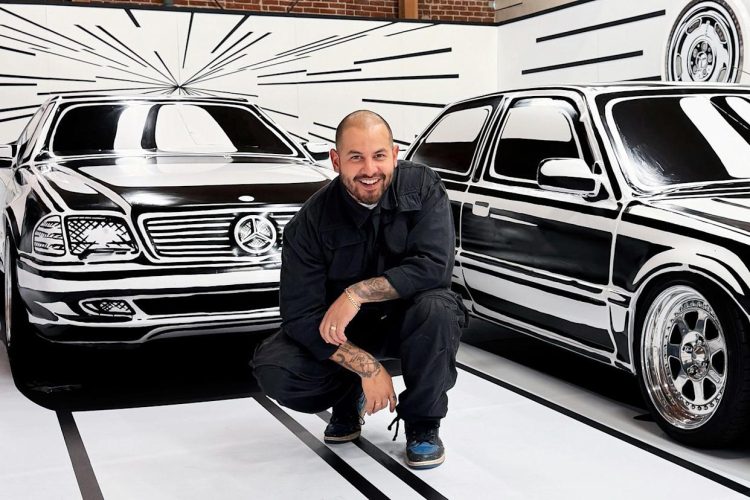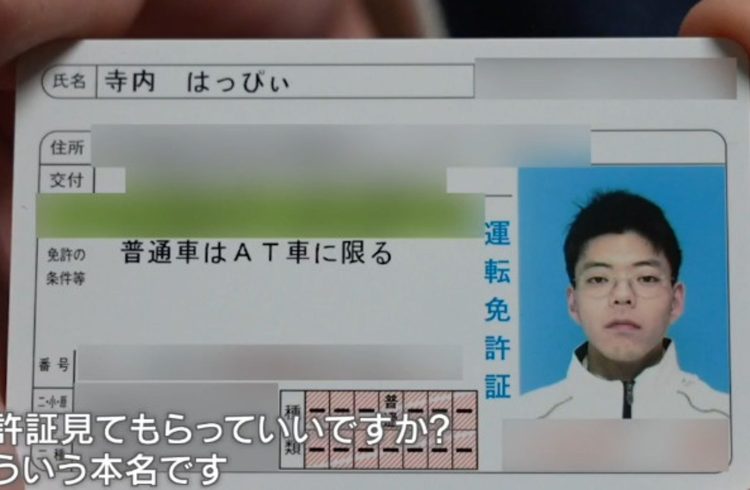We’re used to reading about people struggling to find a decent job, or any job, really, but this story is about a small town clinic that has been unable to attract any applicants for a job that pays over $400,000 a year.
While the people of Norman Wells are struggling to find a hairdresser willing to move in and tend to their needs, another small town halfway across the world is dealing with an even more pressing problem. Tokoroa, town in the Waikato region of New Zealand’s North island, is finding it hard to attract young doctors willing to work for a salary most people would kill for – $400,000.
Dr Alan Kenny, co-owner of Tokoroa Family Health clinic, has been trying rather desperately to fill the position of GP, but he hasn’t received a single application in four months despite the huge salary he’s offering. He’s also promising no weekend or night duties and co-ownership of the clinic, but that hasn’t gotten anyone interested either.

Photo: Jennifer Whiting
Unfortunately, 61-year-old Dr. Kenny has to cater to the clinic’s 6,000 patients all by himself and is finding it quite difficult. “It’s a huge problem to find replacements or find locums,” he said. “Last year, I cancelled a holiday because I couldn’t get a locum… and this year I am probably going to have to cancel a holiday, and it’s just tough for me.”
Dr Kenny believes that the lack of interest has to do with young doctors not wanting to practice in a small town like Tokoroa, because the 13,600-strong rural town is perceived as a dead-end place to work. While he agrees that the job is nowhere near as exciting as a similar role would be in a big city like Auckland, he says that the plus side is the “ridiculous income,” over double the average income of a GP. “I can offer them a really, really amazing income; it’s incredible,” he said. “My practice has exploded in the last year and the more patients you list, the more money you get.”

Photo: Aden Miles /Fairfax NZ
“But it just gets too much at the end of the day,” he added. “Just because I earn lots of money doesn’t mean I want to work my butt off.” And he really does have to work very hard, sometimes seeing over 40 patients a day. That’s way over 25, the number recommended by the Royal College of GPs. He works from 8.30am to 6pm straight, without even breaking for lunch.
And that’s why he’s really keen on hiring a helping hand. His greatest worry is that he’ll never be able to find a replacement when he eventually retires. “I love my work and I would like to stay but I hit my head against a brick wall trying to attract doctors,” he said. “If it’s hard enough to get doctors to work alongside me, it’s going to be a devil of a job to get doctors to replace me.”

“Auckland has the biggest medical school and most kids who go to medical school come from wealthy families in the Auckland area,” he added. “If they recruited more students from rural areas, they might actually come here.” But the Royal New Zealand College of General Practitioners believes that it is only slightly more difficult to fill GP positions in rural areas. “The feedback that we get from registrars and other young doctors who have worked in rural practice is that most of them have enjoyed the diversity of the practice and being part of the community, and would consider it a career option,” said chief executive Helen Morgan-Banda.
Dr Kenny assures young doctors that practicing medicine in Tokoroa wouldn’t involve a sacrifice of lifestyle. In fact, of the 30 years that Dr Kenny has practiced in Tokoroa, he’s lived there for only 13, moving to the nearby town of Cambridge when his children were old enough to attend high school. Many of the town’s other doctors come in every day from Cambridge, Taupo, or Rotorua, which are all towns with better amenities.
Source: New Zealand Herald






